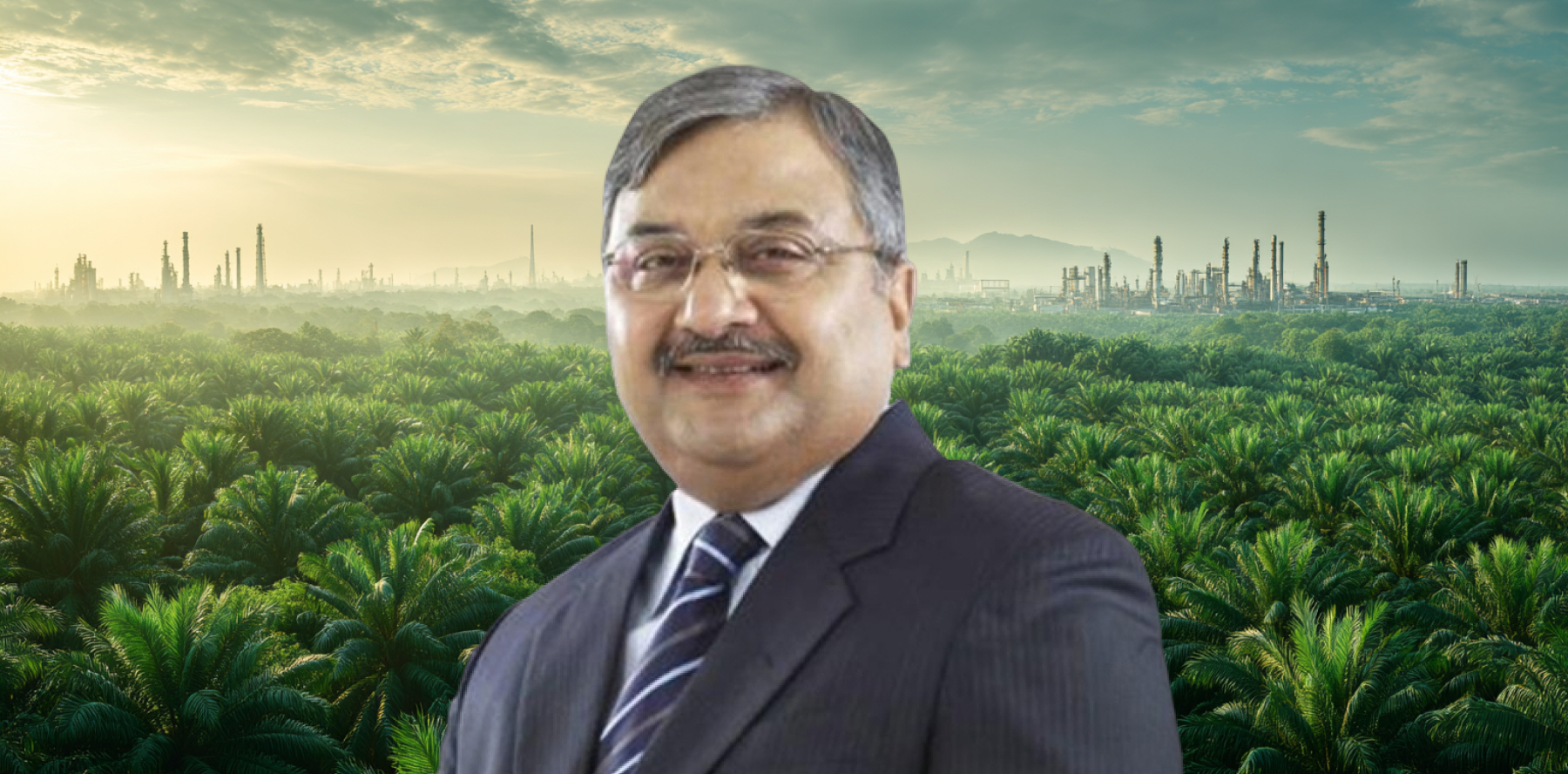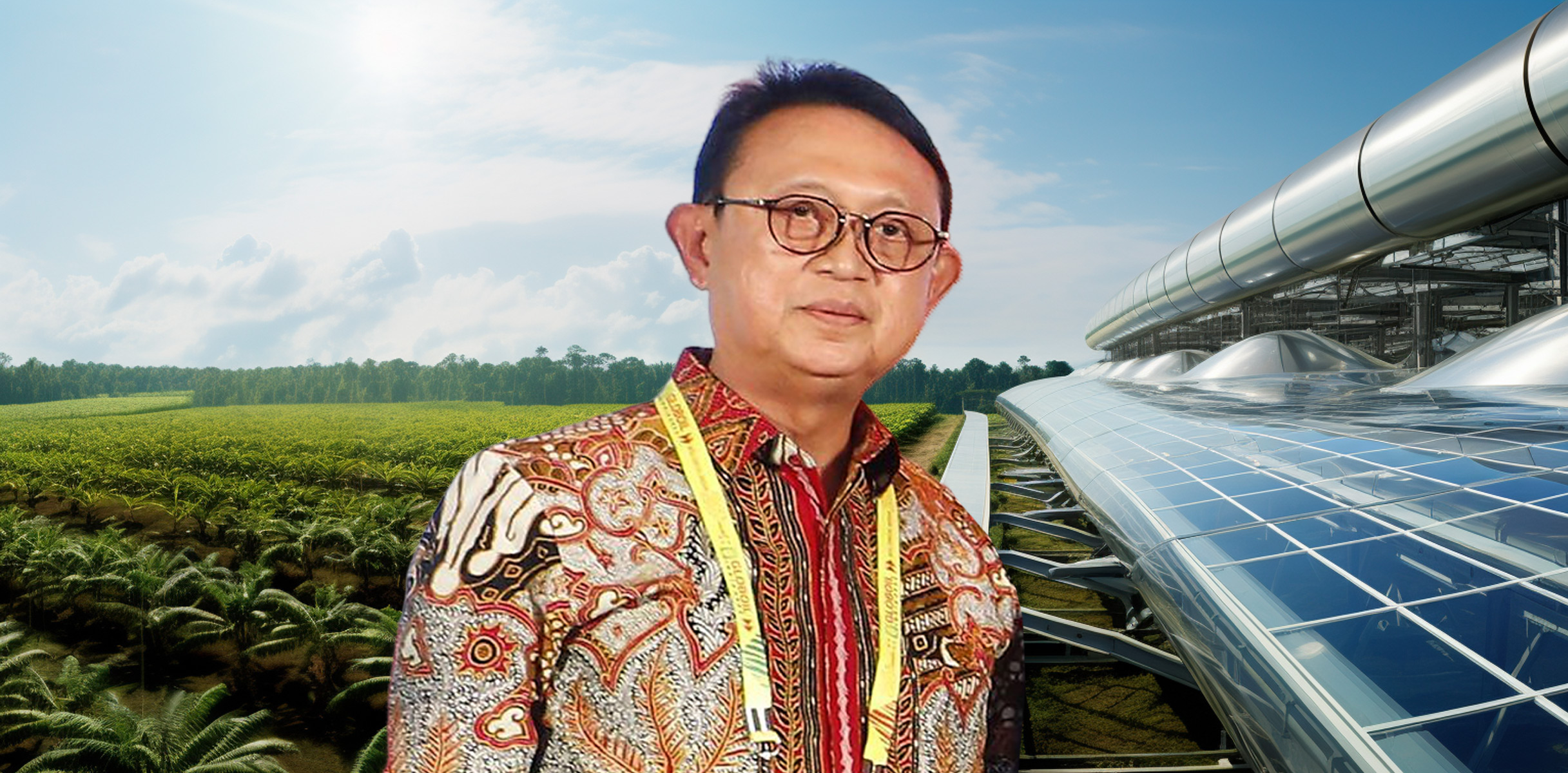Innovative Practices of Palm Oil and its Processing Techniques
Palm oil sector advances sustainability with no-deforestation policies, waste-to-energy tech, and high-yield plant varieties to minimize impact.
Innovative Practices of Palm Oil and its Processing Techniques
Palm oil is one of the most versatile and widely used commodities in the global market. It is used in numerous products, from food items and cosmetics to biofuels, creating demand for large-scale cultivation. In recent years, palm oil has become a significant economic resource for countries like Indonesia and Malaysia, which together account for over 85% of global production. As a key contributor to the economies of these countries, palm oil provides employment to millions, while generating significant export revenue.
However, the palm oil industry has long faced significant criticism due to environmental and social concerns. Deforestation, habitat loss, and greenhouse gas emissions are among the major challenges associated with palm oil cultivation. These concerns have driven demand for more sustainable and innovative practices that can meet growing demand while minimizing environmental impact. Stakeholders across the palm oil value chain—governments, corporations, and industry associations such as the Indonesian Palm Oil Association (IPOA)—are spearheading changes to ensure palm oil is produced in an environmentally and socially responsible manner.
Innovation plays a key role in reshaping the future of palm oil production. Advanced technologies, such as precision agriculture, are enhancing the efficiency of plantations, while new processing techniques are minimizing waste. At the same time, sustainable cultivation practices are being adopted to curb deforestation and restore biodiversity. This transformation is driven by a need to balance economic growth with environmental stewardship. The integration of sustainable practices and technological advancements represents the industry's commitment to reducing its ecological footprint while maintaining its position in the global economy.
Sustainable Agricultural Practices in Palm Oil Cultivation
To address the critical issue of deforestation, leading Indonesian producers, including those associated with the Indonesian Palm Oil Association (IPOA), are implementing strict no-deforestation policies. These policies ensure that primary forests and high-conservation value areas are protected from conversion into palm oil plantations. Companies like Astra Agro Lestari, a major player in the industry, have embraced these guidelines by employing land-use planning and monitoring technologies to enforce no-deforestation zones. Their commitment also extends to sustainable land management practices that prioritize environmental preservation alongside economic development.
Several Indonesian palm oil companies have taken initiatives beyond preventing deforestation by actively engaging in reforestation and agroforestry projects. These initiatives are designed to restore degraded lands and enhance biodiversity. Collaborative efforts between corporations and local communities play a vital role in reforestation. For example, community-driven projects help restore ecosystems by planting native tree species in previously cleared areas, thus creating sustainable economic opportunities through agroforestry. This dual focus on restoration and community engagement not only benefits local ecosystems but also fosters social responsibility.
Precision Agriculture Technologies
One of the most promising advancements in sustainable palm oil cultivation is the use of precision agriculture technologies. Companies are increasingly leveraging drones, satellite monitoring, and artificial intelligence (AI) to manage plantations more efficiently. These technologies enable real-time data collection on soil health, crop conditions, and weather patterns, allowing for precise water, fertilizer, and pesticide usage. This data-driven approach not only enhances yield but also minimizes environmental harm by reducing resource wastage (PIB). By adopting these innovative practices, palm oil producers are optimizing their operations while significantly reducing their ecological impact. This sustainable change in palm oil cultivation reflects the industry's evolving commitment to preserving the environment while meeting global demand for this essential resource.
Waste Management Innovations in Palm Oil Processing
The palm oil industry generates a significant amount of waste during the extraction process. However, recent innovations in waste management are turning these byproducts into valuable resources, contributing to a more sustainable production cycle. These innovations are not only reducing environmental impact but also creating new economic opportunities, aligning with the industry’s broader zero-waste vision.
One of the most transformative innovations is the use of biogas technology to convert Palm Oil Mill Effluent (POME)—a byproduct of the extraction process—into renewable energy. POME, traditionally a major source of methane emissions, is now being harnessed through biogas plants. By capturing methane and converting it into energy, palm oil producers are significantly reducing greenhouse gas emissions. Real-world examples of these biogas plants can be seen across Indonesia, where the energy generated is used to power palm oil mills and even local communities. This implementation of zero-waste approach mitigates environmental harm and offer a renewable energy solution that benefits surrounding areas.
In addition to biogas production, palm oil waste such as husks and kernels is increasingly being repurposed into organic fertilizers. Companies like Asian Agri have pioneered composting practices, turning solid waste into nutrient-rich compost for use in plantations. This method helps improve soil health, reduces the need for chemical fertilizers, and ensures that no part of the palm oil fruit goes to waste. By adopting practices, the industry improves sustainability and boosts agricultural productivity, making waste a valuable resource.
Circular Economy Initiatives
The palm oil industry is also adopting a circular economy, where all byproducts are maximized for reuse across various industries. For instance, palm oil waste is increasingly used in cosmetics, biofuels, and even bioplastics. By creating multiple uses for what was once considered waste, these initiatives help reduce the overall carbon footprint of the industry. Moreover, they pave the way for innovative products and solutions, pushing palm oil into new markets while promoting sustainability.
These waste management innovations demonstrate how the palm oil industry is evolving. By embracing biogas technology, composting, and circular economy models, the sector is making significant strides toward a sustainable, zero-waste future.
Technological Advancements in Palm Oil Processing
Technological innovation is at the forefront of transforming the palm oil industry, making it more efficient, sustainable, and profitable. As global demand for palm oil continues to rise, advancements in technology are crucial to addressing environmental and economic challenges. These innovations span across various aspects of palm oil cultivation and processing, improving productivity and minimizing ecological impact.
Incorporating modern machinery has revolutionized how palm oil is harvested and processed. Automated systems now allow for efficient fruit bunch collection, pruning, and transportation, reducing the reliance on manual labour while increasing yield. This shift towards automation has significantly decreased the time required for harvesting and improved operational safety. Technologies such as portable climbing robots for harvesting have also been proposed to further minimize labour requirements. Though still in preliminary stages, these innovations are expected to enhance both the efficiency and safety of the industry.
The integration of precision agriculture technologies is transforming plantation management. AI-powered tools, drones, and satellite imaging enable real-time monitoring of crop health, soil conditions, and weather patterns. These technologies help optimize water and fertilizer use while identifying potential issues such as pests or nutrient deficiencies before they become problematic. This data-driven approach allows palm oil producers to maximize yields with minimal resource use. For instance, drone-assisted spraying of fertilizers and pesticides ensures precise application, reducing waste and environmental contamination.
Biotechnology for Improved Plant Varieties
Biotechnology leads in developing high-yielding, disease-resistant palm varieties. Genetic modification and advanced breeding techniques have led to the creation of oil palm strains that mature faster and produce more fruit per hectare. This increases the economic output while reducing the need to expand plantations into new forest areas. Ongoing research into tissue culture and improved seed varieties continues to push the boundaries of what can be achieved through biotechnology in palm oil production.
These technological innovations are essential to ensure that palm oil remains a viable and sustainable resource in the global market. By using cutting-edge tools and methods, the industry is well-positioned to meet the demands of the future while minimizing its environmental footprint.
Certification Systems for Sustainable Palm Oil
Certification systems like the RSPO (Roundtable on Sustainable Palm Oil) and ISPO (Indonesian Sustainable Palm Oil) are key innovations driving sustainability in the palm oil industry. These certifications enforce stringent environmental, social, and ethical standards, ensuring that palm oil production minimizes deforestation, protects biodiversity, and upholds labour rights. The RSPO, established in 2004, sets global benchmarks for sustainability, while ISPO, launched in 2011, focuses on Indonesia’s specific challenges. By requiring companies to adhere to these frameworks, they promote responsible land management, wildlife conservation, and fair labour practices, fostering a balance between economic growth and environmental stewardship.
Upcoming Trends, Technologies, and Advancements
The palm oil industry is on the cusp of even greater technological and sustainability innovations. Precision agriculture, driven by AI, drones, and real-time data analysis, will continue to refine plantation management, maximizing efficiency while minimizing environmental harm. Innovations in biotechnology will yield even more productive and disease-resistant plant varieties, reducing the need for new land. Additionally, waste-to-energy technologies, such as biogas production from Palm Oil Mill Effluent (POME), will further promote a zero-waste approach. On the sustainability front, certifications like RSPO and ISPO will expand, pushing more producers to adopt environmentally and socially responsible practices. With the Indonesian government’s "Golden Indonesia 2045" roadmap, the industry is poised to integrate cutting-edge technologies with robust sustainability frameworks, ensuring that palm oil production remains viable, competitive, and ecologically sound for decades to come.





.jpg)
